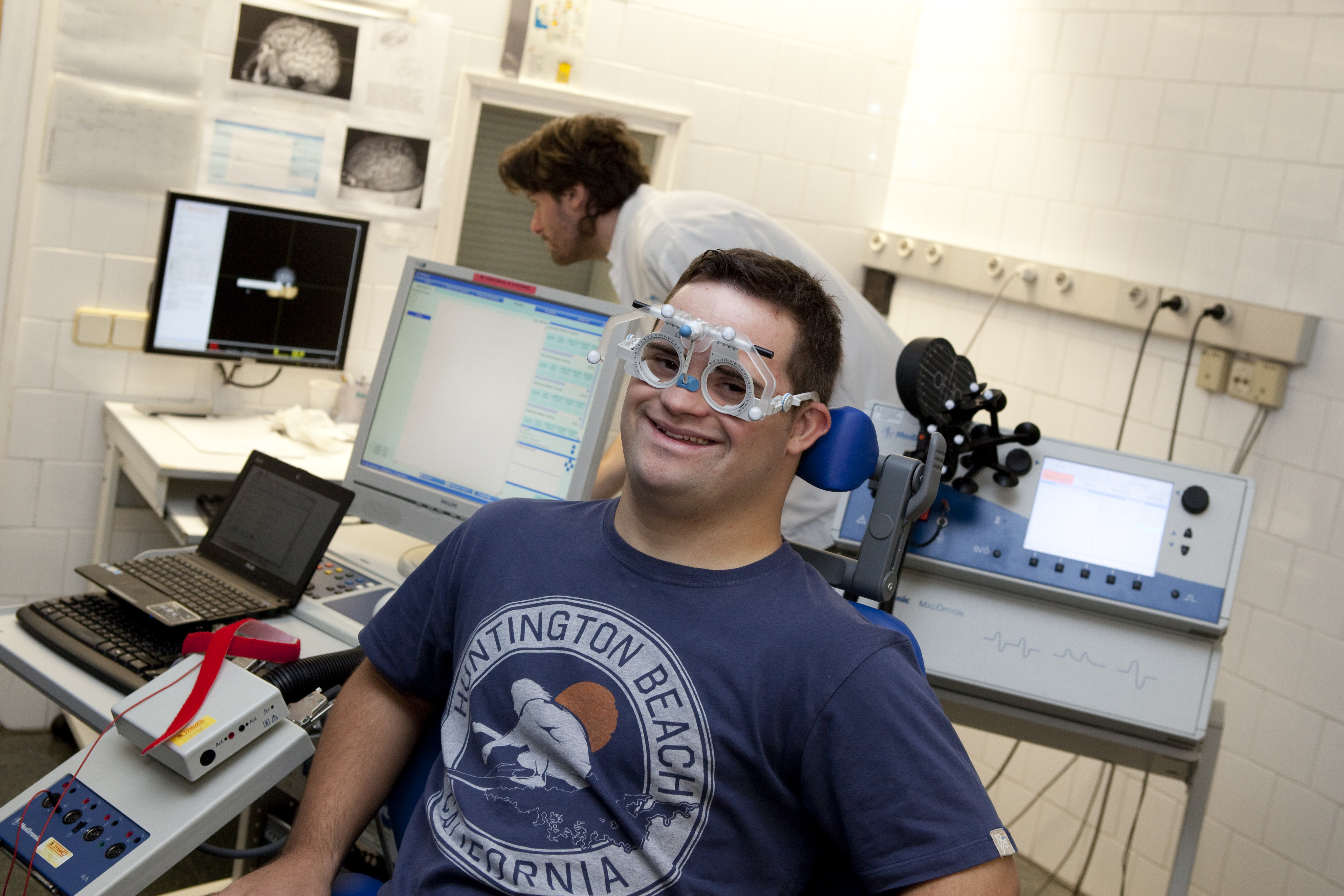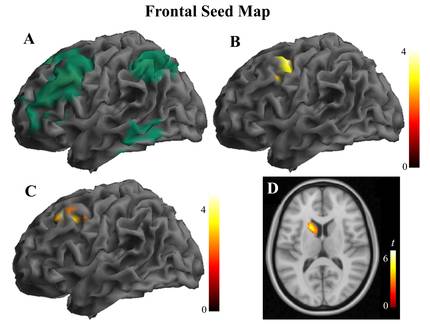Develop effective drug therapy for people with down syndrome for the first time
2016/06/07 Galarraga Aiestaran, Ana - Elhuyar Zientzia Iturria: Elhuyar aldizkaria

The results and conclusions of the study have been published in the journal The Lancet Neurology. According to the researchers, the excess expression of a gene was related to memory loss of those affected by Down syndrome and poor control and personal autonomy. This gene, called DYRK1A, is found on chromosome 21 and is key in brain plasticity and some cognitive functions. The presence of three copies of chromosome 21 causes overexpression of the gene, which causes the aforementioned disabilities.
Therefore, researchers have tried to inhibit this gene in the conviction that this would benefit both memory and behavior. Through gene therapy benefits were obtained in the mouse, but this treatment was not possible in people.
Thus, they changed the strategy to test a compound that lowers the expression of that gene. EGCG is the name of the compound (epigallockequine galate) and is in green tea. In addition to providing EGCG, volunteers performed memory training exercises, speech capacity and other cognitive abilities for a year. A total of 43 volunteers aged 16 to 34 compared the results with 41 placebo participants.
In view of the results, the researchers concluded that EGCG is effective in improving the self-control and autonomy of volunteers with Down syndrome. In addition, neuroimaging techniques have also shown changes in the brain that have to do with improving cognitive functions. In this sense, researchers highlighted the importance of collaboration and interdisciplinarity, since the project has had the participation of numerous research groups and institutions.
This has been the second phase of research and the third will be done with children with Down syndrome who suspect it is even more beneficial for them, as their brains are more versatile than adults. They also aim to ensure that treatment is safe. To do this, they will need more volunteers than in the previous phase. On the other hand, they have announced that the computer program used to train volunteer functions is being improved and have opened a page on Facebook to facilitate the relationship with stakeholders.

Gai honi buruzko eduki gehiago
Elhuyarrek garatutako teknologia






